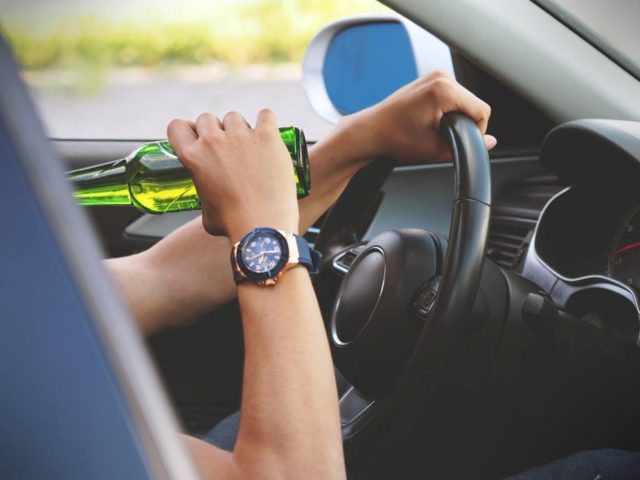
You take a drink or two more than usual. You feel tipsy, but you ignore it and get to the wheel anyway. Then it happens: the blue and red lights in your rear-view mirror with baring sirens. You begin to regret it, but it’s too late.
One of the worst decisions you can ever make in life is to drink while under the influence of alcohol. According to the National Highway Traffic Administration (NHTSA), one-third of all road traffic accidents can be chalked down to drinking after driving. In fact, over a ten year period (2009-2018), over 10,000 deaths were recorded each year.
From gory accidents to jail time, the consequences of drunk driving are dire. That’s why no one should attempt it. If you do, you’re sure to get a DUI and the consequences can be grave. Before we delve into the effects of a DUI, let’s examine what exactly a DUI is all about.
What is a DUI
DUI is an acronym that stands for Driving Under the Influence. It is not uncommon to see the acronym DWI (Driving While Intoxicated) used sometimes. Essentially DUI’s and DWI’s are the same. Commonly known as drunk driving, DUI’s refer to driving a vehicle while one’s Blood Alcohol Concentration (BAC) is above legal limits. In a broader sense, DUIs can also refer to driving under the influence of mind-altering drugs.
In many instances, a DUI is considered a traffic offense or a misdemeanor. However, it can be upgraded to a felony DUI if the circumstances surrounding the DUI are grave. The generally agreed BAC legal limit across all states is 0.08.
Although consequences of DUI charges differ from state to state, here are the five things to expect if you are charged with a DUI.
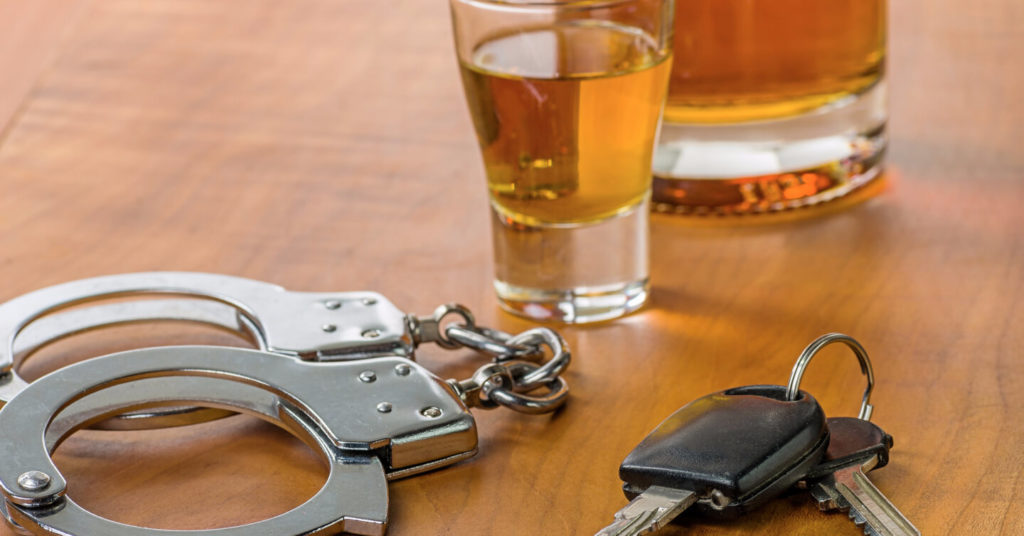
You Will Get Arrested
Once an officer suspects you are driving under the influence, you will be subjected to a breathalyzer test which measures your blood-alcohol concentration (BAC). In case your BAC is 0.08 or higher, you will be charged. The officer will issue a summons or a ticket with a court date. Then you will be sent straight to the station where your mugshot will be taken and you will be fingerprinted.
Afterwards, your properties will be searched to ascertain if you are carrying any illegal items or contraband. A full-strip body search may also occur. Moreover, the police will run you through their database to see if there are any outstanding warrants for your arrest. In most cases, you will spend some time behind bars.
You may be granted bail if someone vouches for you and pays your bail fee. There are some states, however, who wouldn’t allow DUI offenders to be granted bail until having spent some time behind bars.
You Have to Appear in Court
After being issued with a summons or ticket, you have to make an appearance in court. There, you will have the opportunity to plead guilty or not guilty. If you plead not guilty, you may set off a sequence of events that you may not like. Hard evidence, such as the dashboard cam showing you failing the breathalyzer test, is often shown publicly, especially if you protest. Going to court to answer for charges can be an embarrassing experience. Many people report having had the experience imprinted in their minds for years.
You are entitled to have an attorney with you, as such a professional can help reduce the consequences of your charge. However, a simple case of a DUI misdemeanor can be upgraded to a felony DUI if there are aggravating circumstances. Here are a few:
- Bodily Harm: If anyone is injured or killed as a result of an accident caused by your drunk driving, you would be charged for a felony and not a misdemeanor.
- Breaking Other Laws: If you are caught drunk driving and breaking other laws at the same time, you are in for a difficult time with the law. For instance, if you are driving with an already suspended license and you are caught drunk driving, you could easily be charged for a felony.
- Repeat Offender: As a first-time offender, you will be let off the hook to an extent. However, if you have a prior record, you are likely to have aggravated charges, particularly if you have not fulfilled the conditions of your prior charge.
- Children: If you have children in your car while drunk driving, you can be sure that things will not go easy for you.
- BAC Well-above Legal Limit: if your BAC is far beyond the legal limit, say double or triple, you will likely put in a lot more work defending yourself in court.
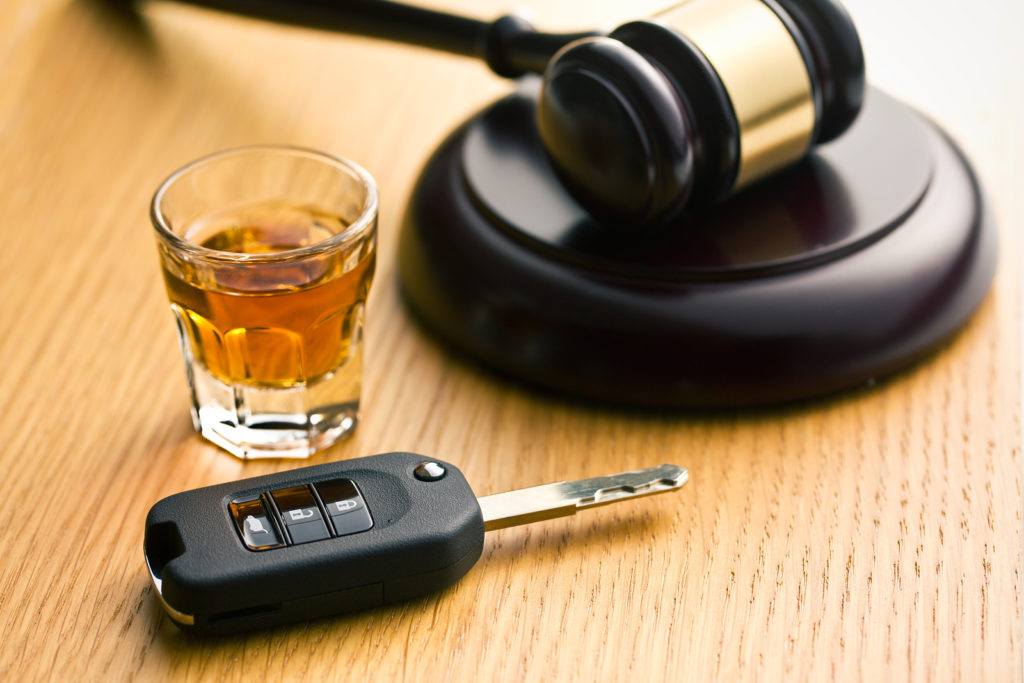
You May Lose Your License
In many states, you will lose your license as soon as you are charged with being drunk while driving. You may be given a temporary license that will expire on the date of your court appearance.
Some states offer a hardship license that allows you to drive to work or school, however not without some restrictions. Some licenses are restored on the condition that you install an ignition interlock device.
If during your encounter with a police officer, you choose not to take a breathalyzer test, your license will be suspended immediately, even before you go to court. Whether you are a first-time offender or a repeat offender, your license is sure to be suspended or revoked and your driving privileges will be reduced drastically.
You Will Pay Fines
The court may decide to impose fines. Depending on which state the offense occurs, you may be looking at fines of up to $1,800 as a first time offender. These costs can escalate based on a number of factors. For instance, if your DUI caused an accident that damaged property or caused any form of injury to any person, your fine is sure to balloon. Also, you may be required to take up some court costs.
It’s also likely that your insurance premium will go up a few hundred dollars when your insurance provider gets wind of the DUI charge. Clearly, a DUI will create a dent in the finances of an average Joe.
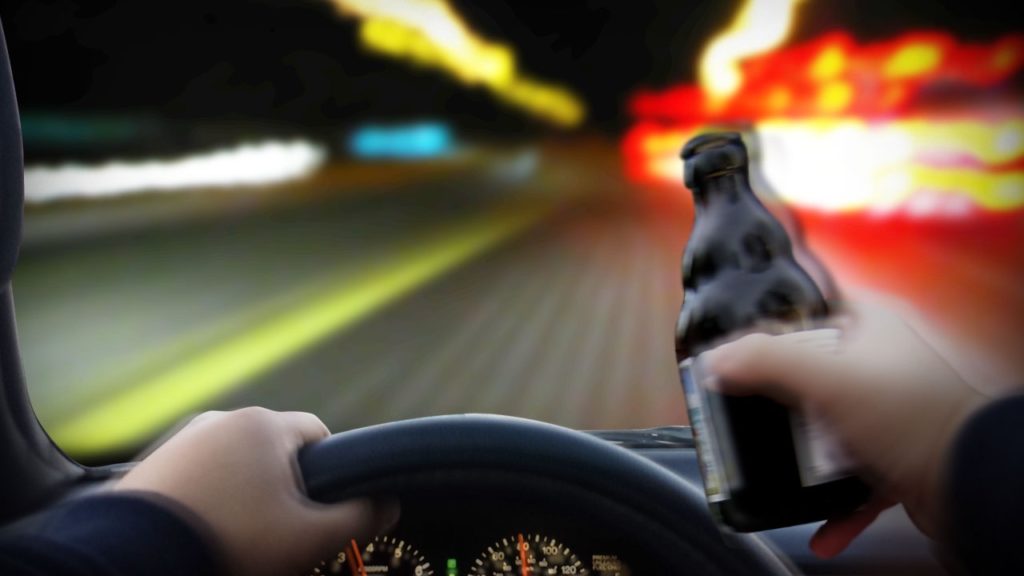
You May Have to Install an Ignition Interlock Device
You can be drunk all you want, just make sure you don’t drive. That’s the thinking that drives the NHTSA. That’s why most DUI offenders have their licenses suspended or revoked. Even when licenses are restored, whether temporarily or permanently, you may be required to install a device known as the ignition interlock device. This is a preventive mechanism to ensure that unless your BAC meets the required legal limit, the car won’t start.
The Ignition Interlock Device works by a breathalyzer. Your breath is taken by the device and it returns your BAC. If it is within the legal limit, the car will start. Otherwise, your car won’t start.
You Have to Undertake an Alcohol and Drug Education Program
You can safely expect that a DUI class would be part of your sentence during a court hearing. These court-ordered classes last for several hours are delivered by licensed centers. These classes are designed to train and help offenders not become repeat offenders. According to atlantaduilawyer.com, you can avoid these classes if you leverage the skill and expertise of a DUI lawyer.
As part of the court-ordered classes, you will be evaluated by a skilled counselor who will ask you some questions and examine you to see if you have a pattern of alcohol abuse. If a pattern is noticed, you would have to undergo an alcohol treatment program before you can get your full driving privileges back.
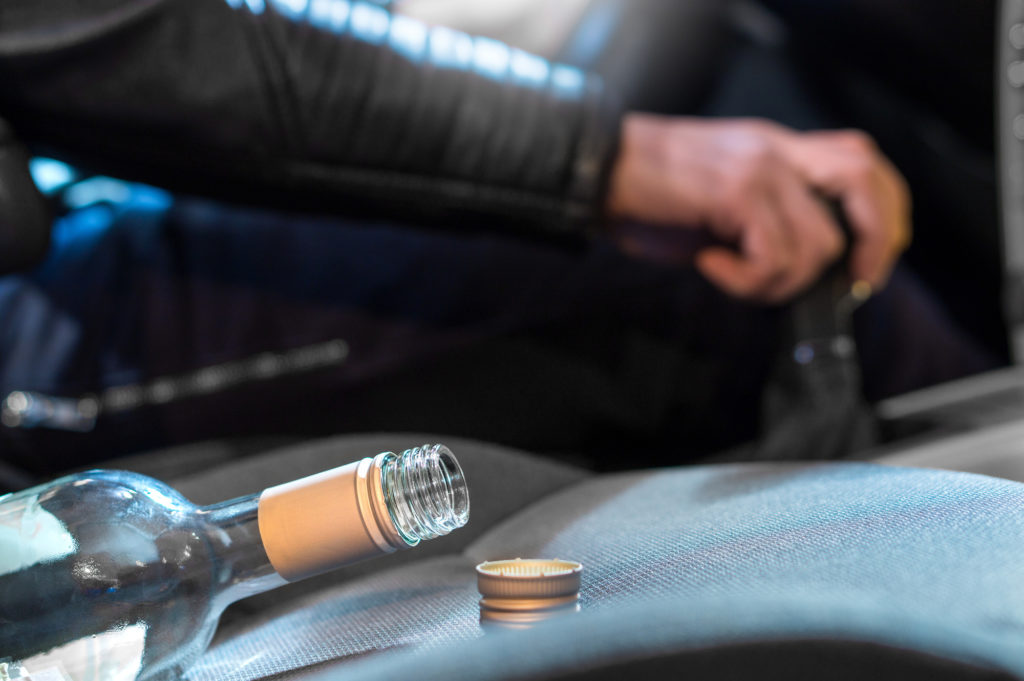
Wrapping Up
Every day, 30 people die from accidents related to drunk driving. A whopping 30 people. The saddest part about such deaths is that they can be avoided. That is why there are massive campaigns against driving while drunk. As long as you are intoxicated, your vision and decision-making will be impaired and that is sure to lead to a DUI charge. The consequences of such charges are not pretty.
In conclusion, you should always ensure that you are not drinking under the influence of alcohol. Not just because you may be arrested and sent to court, but because it’s possible you may end up causing fatal accidents.














